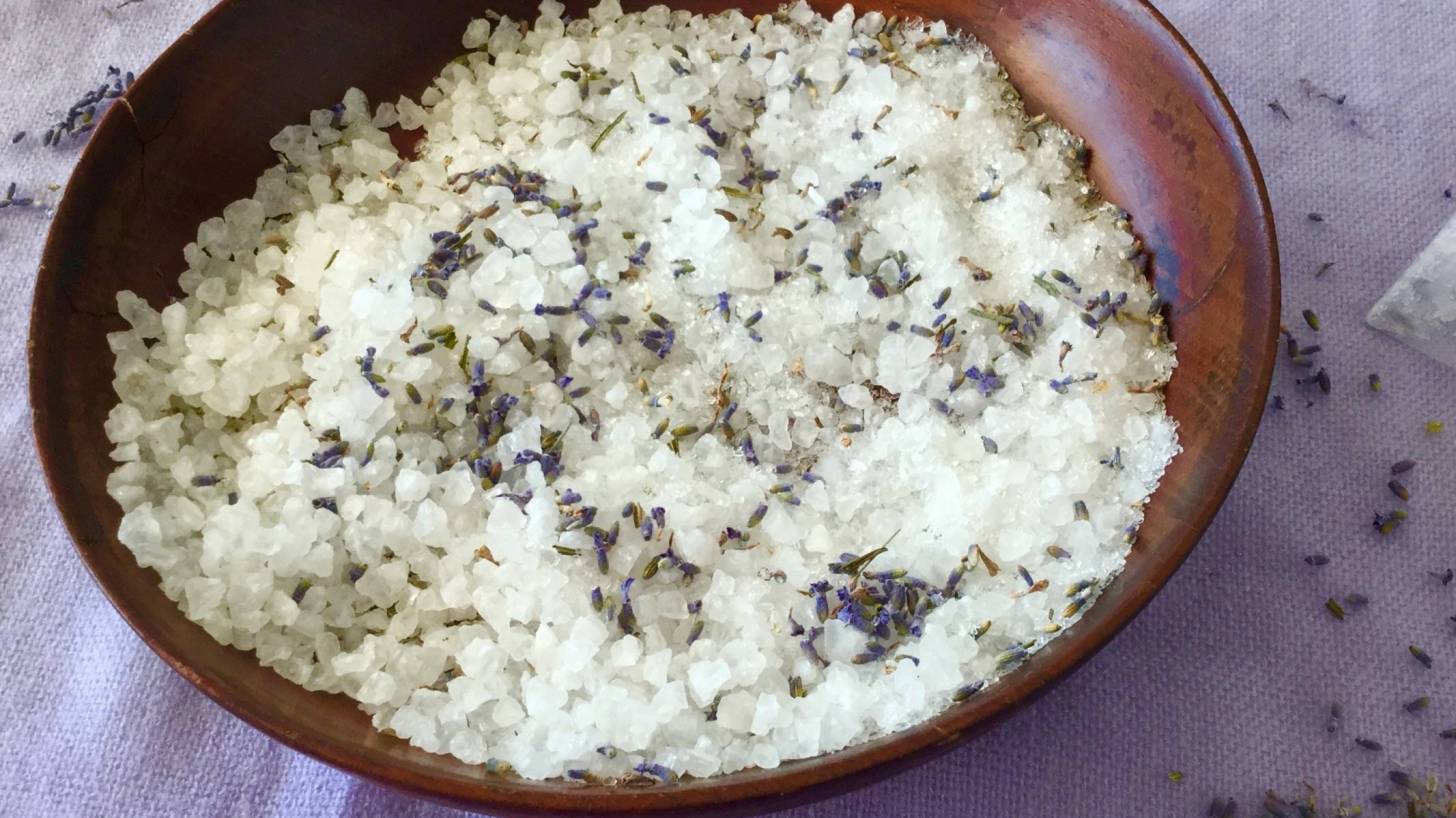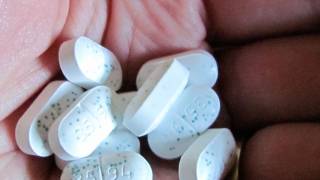Bath Salt Vaccine Candidate Blunts Stimulants Effect on Brain

Researchers have developed a pre-clinical vaccine for one of the most dangerous types of synthetic cathinones, also known as bath salts.
Synthetic cathinones usually take the form of a white or brown crystal-like powder and can be labeled as "bath salts," "plant food," "jewelry cleaner," or "phone screen cleaner."
Cathinones are substances found in the khat plant some people chew for their mild stimulant effects.
Man-made versions of cathinone can be much stronger than the natural product and, in some cases, very dangerous.
Synthetic cathinones like 3,4-methylenedioxypyrovalerone ((R,S)-MDPV) are medically dangerous psychoactive drugs, which at high doses produce psychosis, cardiovascular toxicity, and death.
A new study is reporting that a vaccine candidate may be able to blunt these stimulants effects on the brain, which could help recovering drug users who experience a relapse.
These researchers say this new vaccine targets two very potent synthetic cathinones, known as methylenedioxypyrovalerone (MDPV) and alpha-pyrrolidinovalerophenone (alpha-PVP).
This study showed that rodents receiving the vaccine produced high amounts of antibodies that attached tightly to MDPV and alpha-PVP in the bloodstream.
This immune response was able to decrease the stimulant effects of MDPV for months.
The researchers observed that vaccinated rats exhibited significantly less MDPV-induced movement and significantly shortened MDPV-induced activity compared to untreated rats.
"Because the chemical structures of these illegal drugs are often changed to evade drug laws, we decided it was important to develop a single vaccine that will be effective against more than one medically dangerous synthetic cathinone," said Samantha McClenahan, a doctoral student at the University of Arkansas for Medical Sciences.
Results from the new vaccine study were presented at the 2018 American Society for Pharmacology and Experimental Therapeutics Experimental Biology meeting.
"Our goal is to develop a vaccine that would be effective for at least 6 to 12 months so that it could be used as a long-lasting aid to the rehabilitation process," said McClenahan.
"It would likely help reduce drug concentrations in critical organs and reduce or eliminate the rewarding effect of the drug. This could improve the chances of an individual remaining in rehabilitation treatment, which might increase the likelihood of a successful outcome."
The researchers plan to continue to test the vaccine's ability to prevent the entry of MDPV into the brain and heart, which causes the rewarding effects of the drug and is a leading cause of the drug's dangerous side effects.
Study authors did not disclose any conflicts of interest: Samantha McClenahan (University of Arkansas for Medical Sciences), Chad Kormos (Research Triangle Institute), Melinda Gunnell (University of Arkansas for Medical Sciences), Michael Hambuchen (University of Arkansas for Medical Sciences), Pamela Lamb (Research Triangle Institute), Ivy Carroll (Research Triangle Institute), Anita Lewin (Research Triangle Institute), Samuel Owens (University of Arkansas for Medical Sciences).
This research was supported by National Institute on Drug Abuse grant RO1DA039195 and NIH training grant T32GM106999.
Our Trust Standards: Medical Advisory Committee
- What are synthetic cathinones?
- Development and Preclinical Testing of a Vaccine for 3,4-Methylenedioxypyrovalerone ((R,S)-MDPV) Substance Use Disorders
- New vaccine could help people overcome bath salts abuse
- Analysis of Synthetic Cathinones Commonly Found in Bath Salts in Human Performance and Postmortem Toxicology









